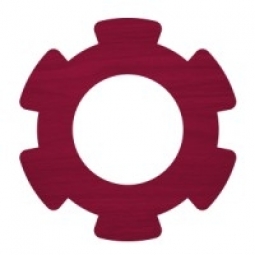AssetWorks
Case Studies
APPALACHIAN STATE UNIVERSITY Pioneering Spirit Drives New Efficiencies
Overview
 |
APPALACHIAN STATE UNIVERSITY Pioneering Spirit Drives New EfficienciesAssetWorks |
Application Infrastructure & Middleware - Data Exchange & Integration Functional Applications - Enterprise Resource Planning Systems (ERP) | |
Education | |
Facility Management Maintenance | |
Building Automation & Control Inventory Management Predictive Maintenance | |
Software Design & Engineering Services System Integration | |
Operational Impact
| With the growth of AiM, the Physical Plant has been able to share the cost of their AiM investment with their customers. | |
| The university has also expanded their use of the system by deploying a portion of AiM’s sustainability solution (Utilities Management) and the AiM Motor Pool module. | |
| ASU also replaced their legacy fuel management system with FuelFocus from AssetWorks. | |
Quantitative Benefit
| ASU has identified over $300,000 in chargeback revenue that they were not collecting prior to implementing AiM. | |


